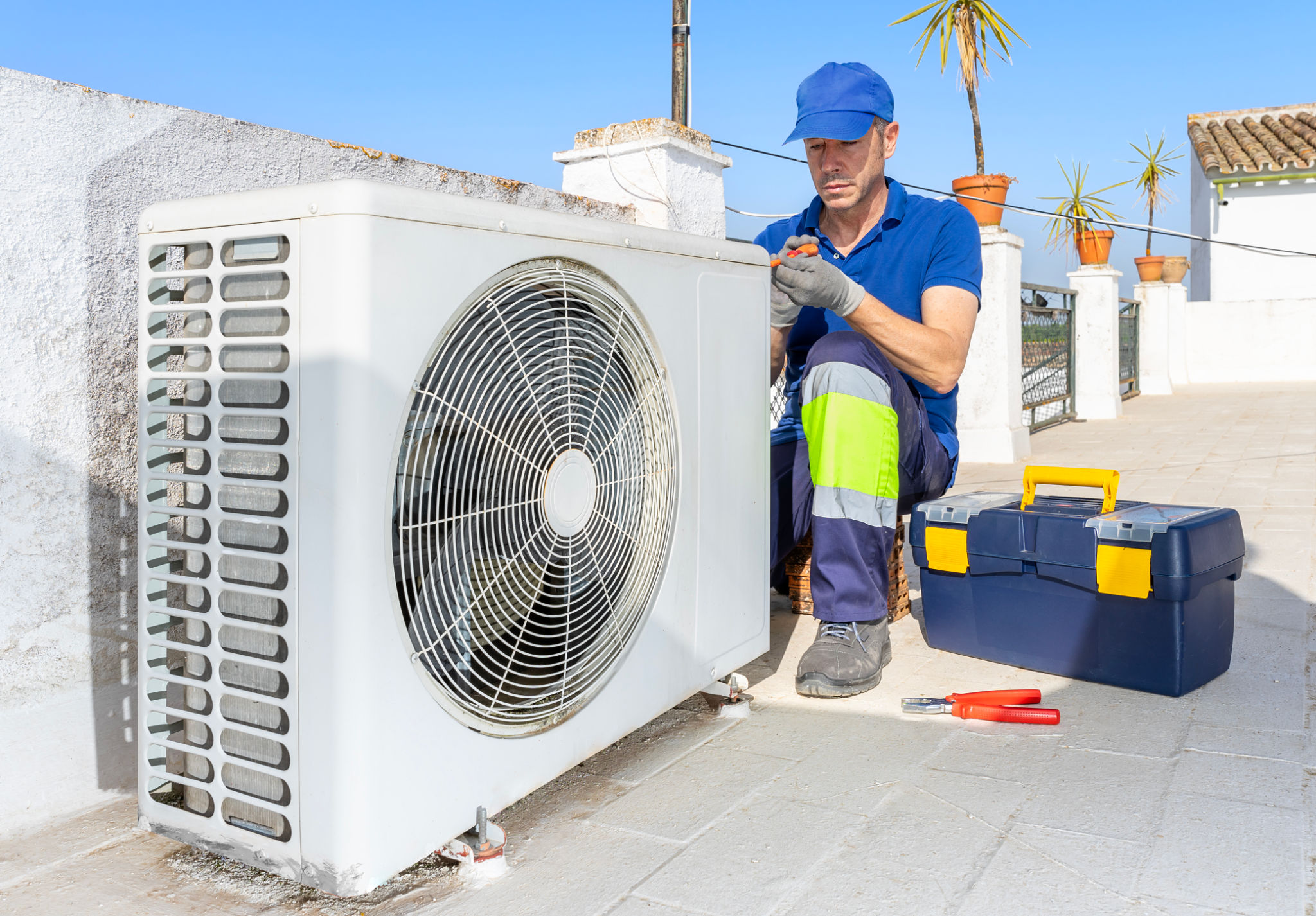Case Study: Achieving Operational Efficiency in HVAC Services Investments
Introduction to Operational Efficiency in HVAC Services
Operational efficiency is a critical component for businesses looking to optimize their processes and maximize profitability. In the HVAC (Heating, Ventilation, and Air Conditioning) services industry, achieving operational efficiency is especially important due to the complexity of tasks and the competitive nature of the market. This case study explores how targeted investments can lead to significant improvements in operational efficiency for HVAC service providers.
By examining real-world examples, we can understand the strategies and technologies that have successfully enhanced productivity and reduced costs. The insights gained from these cases are invaluable for any HVAC business looking to stay ahead of the curve.

Identifying Key Areas for Improvement
Before implementing any changes, it's crucial to identify the areas that require improvement. For many HVAC companies, these areas often include scheduling, inventory management, and customer service. By focusing on these aspects, businesses can streamline operations and deliver better service to their clients.
One effective approach is to conduct a comprehensive audit of existing processes. This audit helps pinpoint inefficiencies and provides a clear picture of where investments will have the most significant impact. Understanding these key areas lays the groundwork for strategic planning and resource allocation.
Investing in Technology
Technology plays a vital role in enhancing operational efficiency. For HVAC companies, investing in advanced software solutions can lead to remarkable improvements. Tools like automated scheduling systems, mobile apps for technicians, and customer relationship management (CRM) platforms can transform everyday operations.

Automated scheduling systems help in optimizing technician routes, reducing travel time, and ensuring timely service delivery. Meanwhile, mobile apps empower technicians with real-time access to job details, enhancing their ability to resolve issues quickly and efficiently.
Training and Development
Human resources are as vital as technology in achieving operational efficiency. Ongoing training and development ensure that employees are equipped with the latest knowledge and skills required to operate new technologies effectively. Investing in employee education not only boosts performance but also improves job satisfaction and retention rates.
Cross-training employees can also be beneficial. By diversifying skill sets within the team, HVAC companies can maintain flexibility in staffing and adapt more quickly to changing demand or unexpected challenges.

Monitoring and Continuous Improvement
The journey towards operational efficiency doesn't end with initial investments. Continuous monitoring and improvement are essential to sustain gains in productivity and cost-efficiency. Regular performance reviews and feedback loops help identify new opportunities for enhancement.
Using data analytics, companies can track key performance indicators (KPIs) such as response times, customer satisfaction scores, and operational costs. This data-driven approach enables businesses to make informed decisions and adjust strategies as needed.
Conclusion
Achieving operational efficiency in HVAC services requires a comprehensive approach that combines technology investments, workforce development, and strategic planning. By learning from successful case studies, HVAC companies can identify best practices that align with their unique business goals.
The results not only improve profitability but also enhance the customer experience, setting the stage for long-term success in a competitive industry.